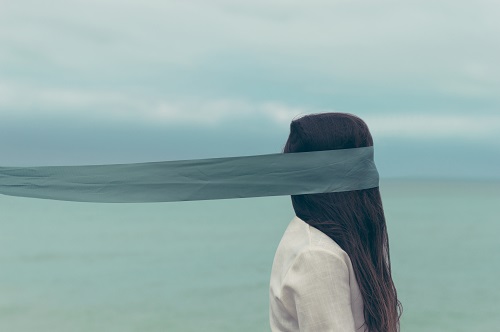Oscar Keys photo
By
Wally Swist
Regarding the Zombie Nativity Scene in Sycamore Township, Ohio
America is known for its kitsch and exhibitions
of bad taste, however this may be the epitome
of that dark ethos. Who could mindfully,
even vaguely, conjure such a preposterous
and embarrassing public display other than that
of an underdeveloped mind and a puerile soul?
This owner of several haunted houses did,
and he is so misled that he wants to create a more
realistic display of the living unholy dead
for Christmas seasons to come. What irritates
the most is that he actually revels in his misdeed,
disrespect, and inane folly: once you step in it
you might as well step in it again and smush
your foot in it just to make sure the odor will linger
with you long after it has dried and flaked off
your shoe. He deplorably constitutes what may
be described as the current American Dream, which
signifies what is truly corrupt at the heart of many
individuals in this lost country that is so far gone
of not only being on course to go further astray
but which is also in the act of already vanishing
over a precipice with screams that the foulest-
smelling zombies can not only
hear but also which they take delight in listening to.
The Secret Cabin
Footprints lead to the secret cabin,
which indicates that once it did exist—
the secret cabin existed just like the footprints,
on the path of practicing the art of alchemy.
Poets may think they only need a trail map
to locate the cabin. Any alchemist
worth his metal wouldn’t give a map
to a poet, since following a path
makes it impossible to find the secret cabin,
even if there are footprints leading up the trail.
An alchemist skilled in practicing his art
may be able to turn the lead of our lives into
the gold of our transformation. That is
no secret. A map is of no use for a poet.
Sow
People tell me it couldn’t have been, that
it was too dark to see, that it was
something other than what I saw—
a large dog, perhaps, a figment of my active
imagination, but standing in the autumn
dusk turning- to-evening at Fort Juniper,
amid the birch and pine woods,
I experienced an astonished immediacy.
Standing outside to just breathe in
the scent of fallen pine needles and leaf
litter was my meditation, but just as I was
about to go in for the night, the dark shape
barreling in toward me from a space
between the trees, caught me by surprise,
and instinct guided me to move around to
the other side of the car, to use it
as a shield so as to obstruct the progress
of the animal’s bulk charging toward me.
People ask me how could I have made it
into the cabin and closed the door in time.
Surely, it had foretold its visit, by its
knocking over the plastic garbage tub; and
leaving its slather over all of the saran
and clear plastic deli bags; by its leaving
its claw marks shoulder high on the door
of the tool shed after I had moved the tub
inside; with the neighbors providing me
a heads-up of their seeing a sow and her cub
crossing the road one morning into the grove.
After closing the cabin door that I heard
movement on the stone stoop, and a bristling
against the wood, so that I can feel it still as
a scimitar of fear rushing through me; and
with the sow’s fur rubbing, audibly, against
the cabin door, I, arguably, can add, if
only you had been there, you, too, would have
felt the safety of making it inside, of being ever
so grateful for your invaluable and lustrous life.
Wally Swist
Wally Swist’s books include Huang Po and the Dimensions of Love (Southern Illinois University Press, 2012); The Daodejing: A New Interpretation, with David Breeden and Steven Schroeder (Lamar University Press, 2015); Invocation (Lamar University Press, 2015), and The Windbreak Pine (Snapshot Press, 2016). Forthcoming books include: The View of the River (Kelsay Books, 2017), Candling the Eggs (Shanti Arts, LLC, 2017), and Singing for Nothing from Street to Street: Selected Nonfiction as Literary Memoir (The Operating System, 2018).



No Comments Yet!
You can be first to comment this post!